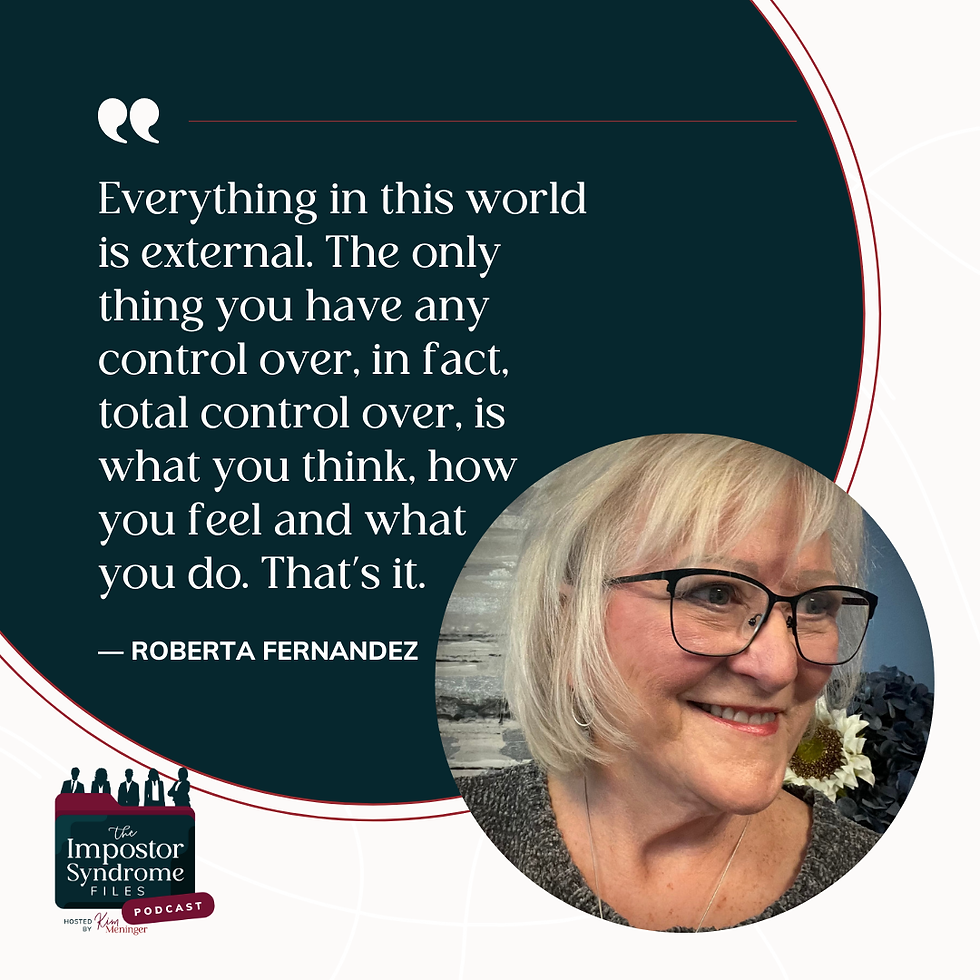5 Steps to Avoid Losing Relevance in Your Career
- Sep 18, 2012
- 2 min read
When was the last time you thought about your executive development? Do you have a plan that outlines your development goals? Are you consistently taking steps to upgrade your skills? If not, you are taking a significant career risk. You may be an extraordinarily valuable asset today, but if you aren’t committed to ongoing professional development, you are in danger of losing your relevance in the future.
Think of yourself as a product. Perhaps you’re currently a market leader. You’re popular, have great features, and solve important problems. In order to maintain your competitive advantage, however, you must stay ahead of the curve. It’s not sufficient to simply perform well today. You need to consistently evaluate how you can continue to perform well tomorrow.
You may be thinking, “I would love to focus on my professional development, but I don’t have time. I am already overwhelmed with responsibilities.” The reality is that you cannot afford not to invest in your own development.
Here are some steps you can take:
1. Anticipate the future. Often we become so immersed in the here and now that we lose sight of the changes that lie ahead. Without losing your focus on your current job, you need to stay alert to the changing landscape around you. Stay on top of industry trends, technological advancements, changes in company direction, etc. Build this into your routine. If you need to arrive 15 minutes early to work each day, this is an important investment in your future.
2. Identify your gaps. Take time to think about your strengths and development needs. Is there a software program you’ve been meaning to learn? Is there a new product line you need to better understand? Is there a new competitor in your market that you need to further research? Conduct an honest assessment of yourself to identify the gaps and understand where you need to focus.
3. Invest in your education. For some executives, this means returning to formal education, but for most, the process is much less rigorous and time-consuming. Begin with your company’s training resources. Are there courses you can take to upgrade your skills or broaden your expertise? If your company lacks a strong training program, are there industry associations that offer relevant courses or workshops? Perhaps you can take a class at a local community college.
4. Talk to the experts. You could learn more in one substantive conversation with a subject matter expert than you could in an entire workshop. Seek out the thought leaders, trendsetters, and early adopters who are ahead of the curve. Understand the direction that your role, company, and industry are taking. Ask questions and give serious thought to how you personally need to adapt to maintain your relevance.
5. Have a plan. Without a plan, you are unlikely to follow through. Identify three to five specific goals that you would like to achieve and set deadlines for each one. Use your plan to guide your development process. If a particular goal is no longer important, or you need to re-prioritize, update your plan.
It’s important to remember that your development is never complete. You must commit to ongoing professional development if you want to maximize your executive career success. Unfortunately, many executives view development as an annual conversation that coincides with their performance review. It is not, however, a point-in-time event; it needs to be part of the fabric of your career management strategy.
We live in a fast-paced, ever-changing world. Technology advancements, outsourcing, and other trends are rendering many previously stable jobs obsolete. If you want to stay relevant, it is critical that you engage in continuous professional development.
What steps are you taking to maintain your competitive advantage?



